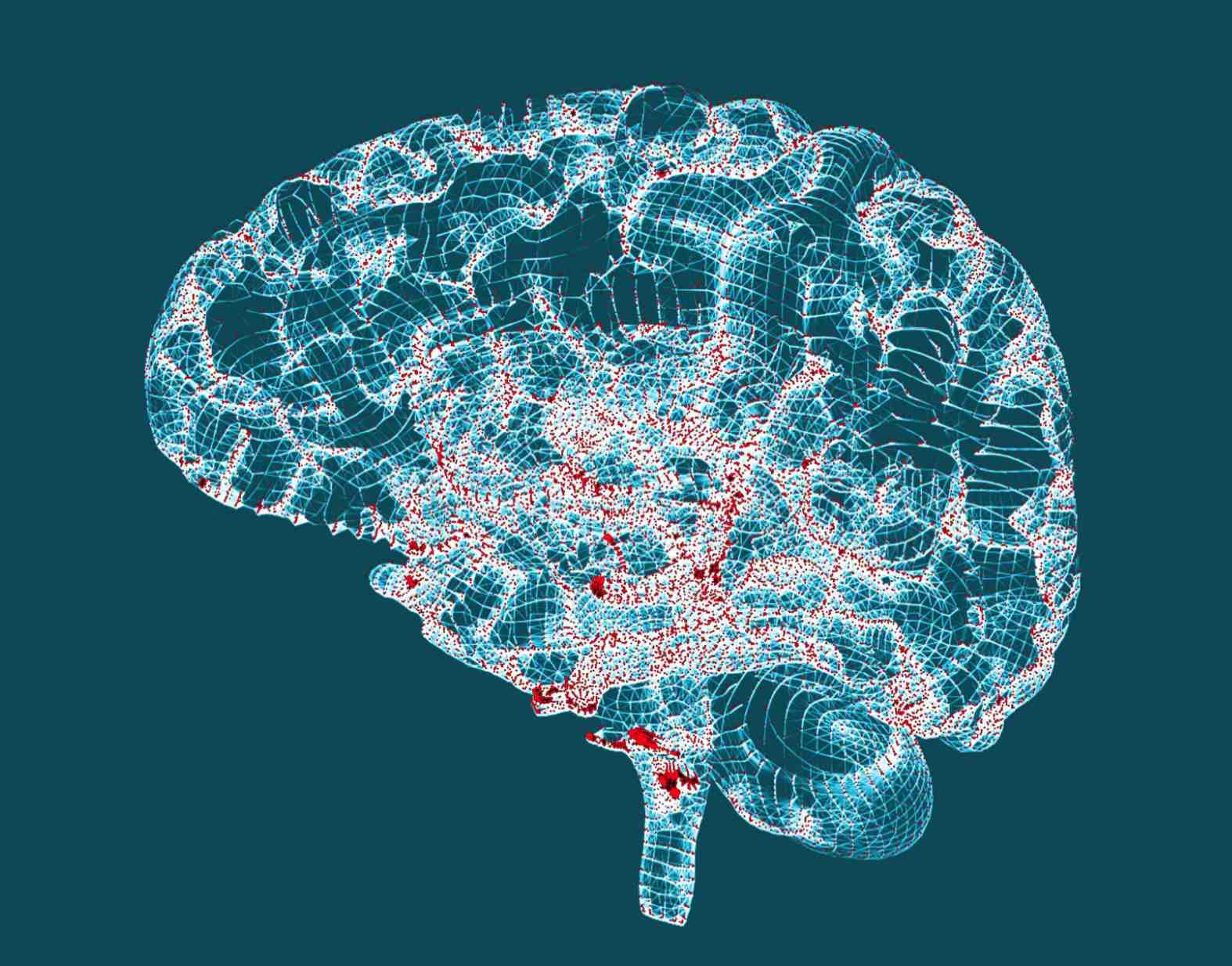
Neuron23 and QIAGEN have announced a collaboration agreement to develop a companion diagnostic for Neuron23’s LRRK2 inhibitor for Parkinson’s disease.
Under the agreement, QIAGEN will develop and validate a clinical trial assay to detect a combination of biomarkers discovered by Neuron23 that together predict the responsiveness of Parkinson’s disease patients to a LRRK2 inhibitor.
The clinical development of Neuron23’s drug candidate, currently in the late stages of preclinical development, will also be supported by the partnership.
Subject to further clinical development, the agreement also covers options for the future development of additional companion diagnostics.
LRRK2 is a complex, multi-domain protein found in neurons and many other tissues and cell types throughout the body. Mutations in the LRRK2 gene are one of the most common causes of familial Parkinson’s disease, with individuals who inherit mutations in the gene at a higher risk to develop the disease in later life.
Moreover, there is emerging evidence that LRRK2 activity could play a role in a subset of the larger population of patients with non-familial Parkinson’s disease.
Recent studies have shown that small-molecule LRRK2 inhibitors can be neuroprotective, suggesting that therapies targeting LRRK2 may be beneficial in a larger population of patients.
There are no laboratory tests currently available for the diagnosis of non-genetic cases for Parkinson’s disease, with the disease usually diagnosed based on medical history and neurological examination.
QIAGEN outlined that the assay will be integrated into a next-generation sequencing (NGS) workflow that will use the company’s Sample to Insight capabilities.
Nancy Stagliano, chief executive officer of Neuron23, said: “QIAGEN’s blood-based test will help to identify patients with Parkinson’s disease who are likely to respond to Neuron23’s LRRK2 inhibitor. The development of a companion diagnostic identifying this sub-population of Parkinson’s disease patients will de-risk the clinical development of Neuron23’s LRRK2 inhibitor and help identify individuals who may benefit from this disease-modifying therapy.”
Jonathan Arnold, vice president, head of oncology and precision diagnostics at QIAGEN, said “Our expertise in blood- and NGS-based molecular testing from Sample to Insight will enable Neuron23 to run a clinical trial for a drug candidate that may have the potential to modify the course of an inexorable neurodegenerative disease in a genetically defined population.”




